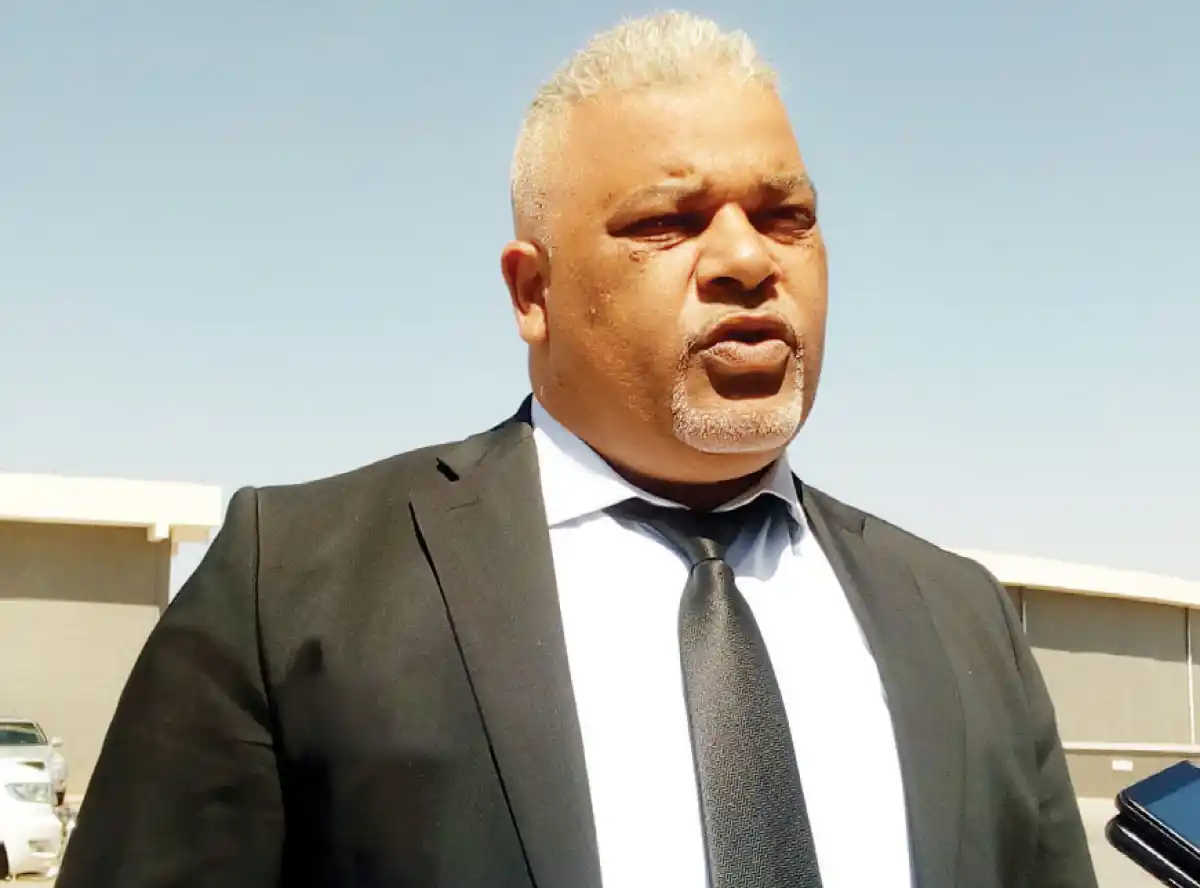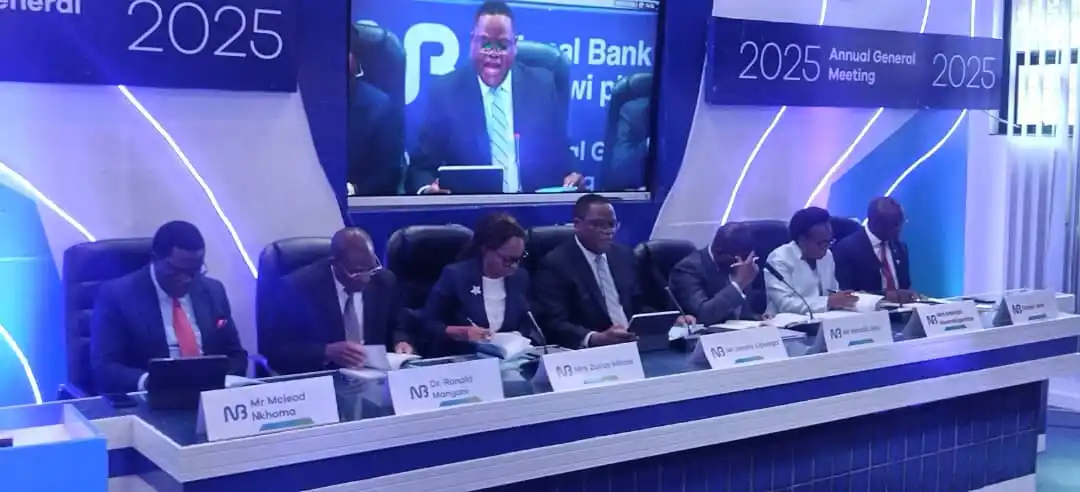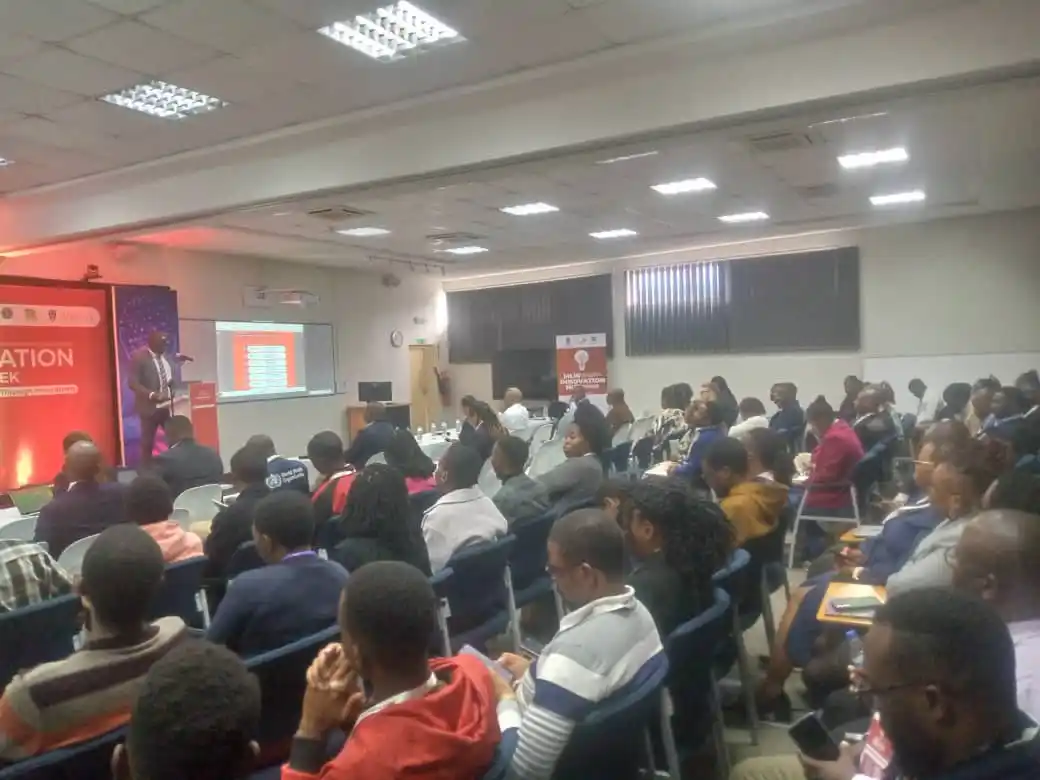
By Wezzie Gausi:
Treasury and Parliamentary Committee on Agriculture say they will not allow any amount of money to be paid to East Bridge over a failed fertiliser supply contract.
This follows allegations of a push by some unnamed authorities within the government for Malawi and East Bridge itself for the government to pay the sum of K70 billion to the firm.
Last year, government announced it had signed an agreement with the company to supply 600,000 metric tonnes of fertiliser valued at K125 billion then under commodity exchange arrangement.
The agreement was signed on May 18, 2023 and had official stamps from East Bridge Estates SRL and Ministry of Agriculture, Irrigation and Water Development.
However the deal flopped, with the Ministry of Agriculture later saying it had transferred it to Smallholder Farmers Fertiliser Revolving Fund of Malawi (SFFRFM) as it was commercial in nature.
There has been no information regarding delivery on the contract. That regardless, it is understood that some quarters are pushing that the company be paid K70 billion.
In an interview, chairperson of the Parliamentary Agriculture Committee Sameer Suleman said the committee has been informed that some quarters have been pressuring Treasury to pay them.
He said the committee is also aware that some top government officials are in the forefront to have Treasury pay the money.
“This will not happen on our watch. This is very sad, as we all know that this deal never happened despite the government providing two sovereign guarantees.
“As a committee we demand all documentation and proof of delivery of fertilizers if Treasury is to pay this money,” Suleman said.

Secretary to the Treasury Betchani Tchereni also said government will not pay.
He said Treasury does not release resources without proper and legitimate evidence for services and goods delivered.
“Even with threats, we stand our ground that we only pay where we have the evidence of delivery through and through. Our country has a legal system; those aggrieved may go to court to seek redress.
“The contract is clear, it has time frames, delivery methods etc. where the time elapsed means contract breach,” Tchereni said.
The deal received criticism from members of Parliament and other stakeholders for allegedly flouting procurement laws and lacking transparency.
The Ministry of Agriculture was also accused of interfering with the work of SFFRFM.
In October 2023, SFFRFM told the committee that the Ministry of Agriculture was yet to transfer the fertiliser deal to it despite earlier indicating that the agency would manage the transaction.
Details emerged that the government whose annual values of exports since 2019 were between $482 million and $712 million committed to supply 1,050,000 farm produce valued at $497.6 million (about K500 billion then) in the controversial fertiliser deal.
A section of the commodity exchange agreement reads: “The contract between the parties being a Commodity Exchange based arrangements, the Parties have agreed that the seller will accept the below commodities at the below agreed prices as payment in respect of the fertilisers.
“Further, the purchaser will aggregate for the Seller the commodities in the quantities.”
The list of the crops and their corresponding volumes included 250,000 metric tonnes of soya beans; 250,000 metric tonnes of groundnuts; 200,000 metric tonnes of pigeon peas; 50,000 metric tonnes of rice, 25,000 metric tonnes of sugar; 50,000 metric tonnes of sorghum and 25,000 metric tonnes of cotton.








0 Comments